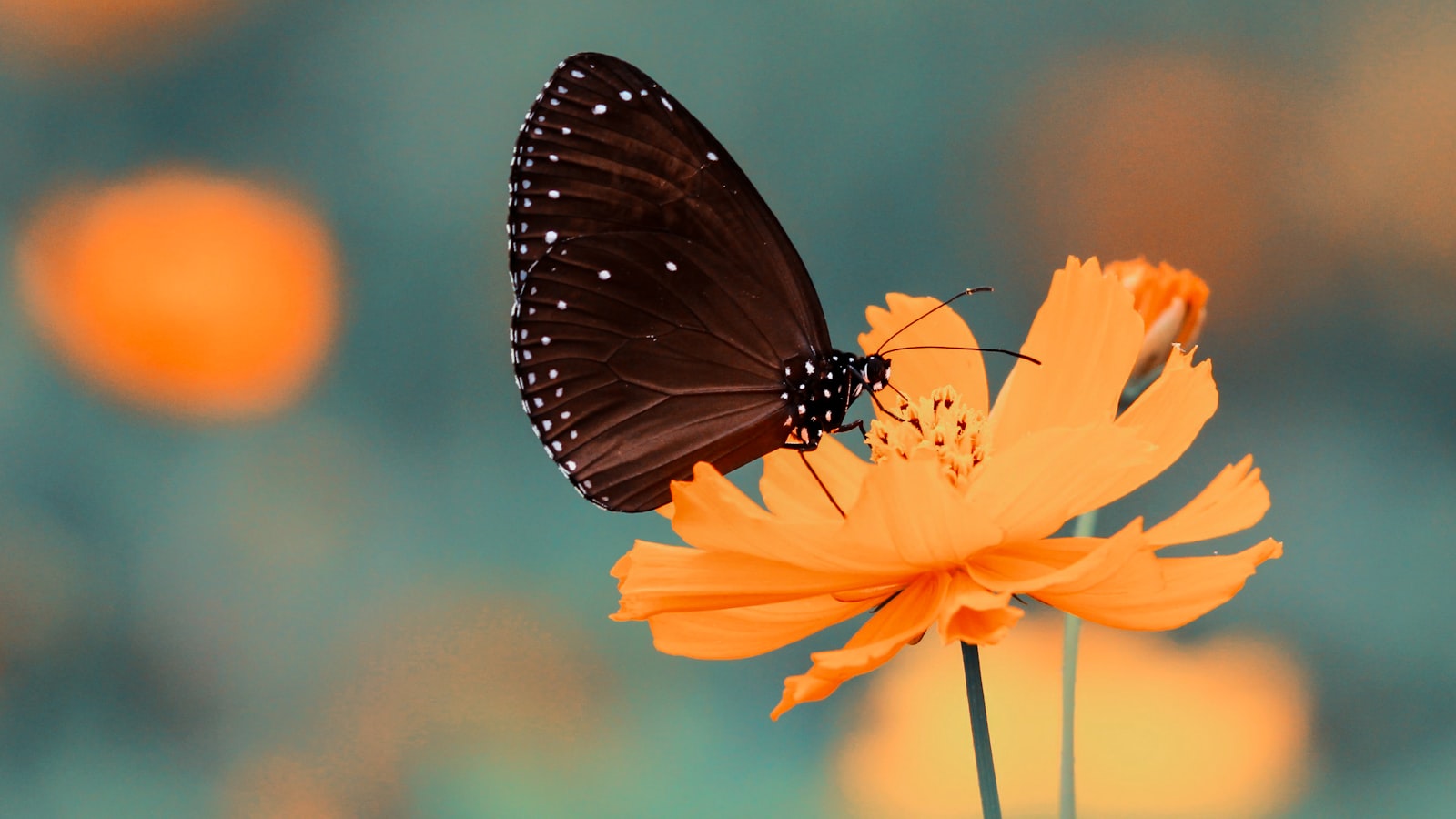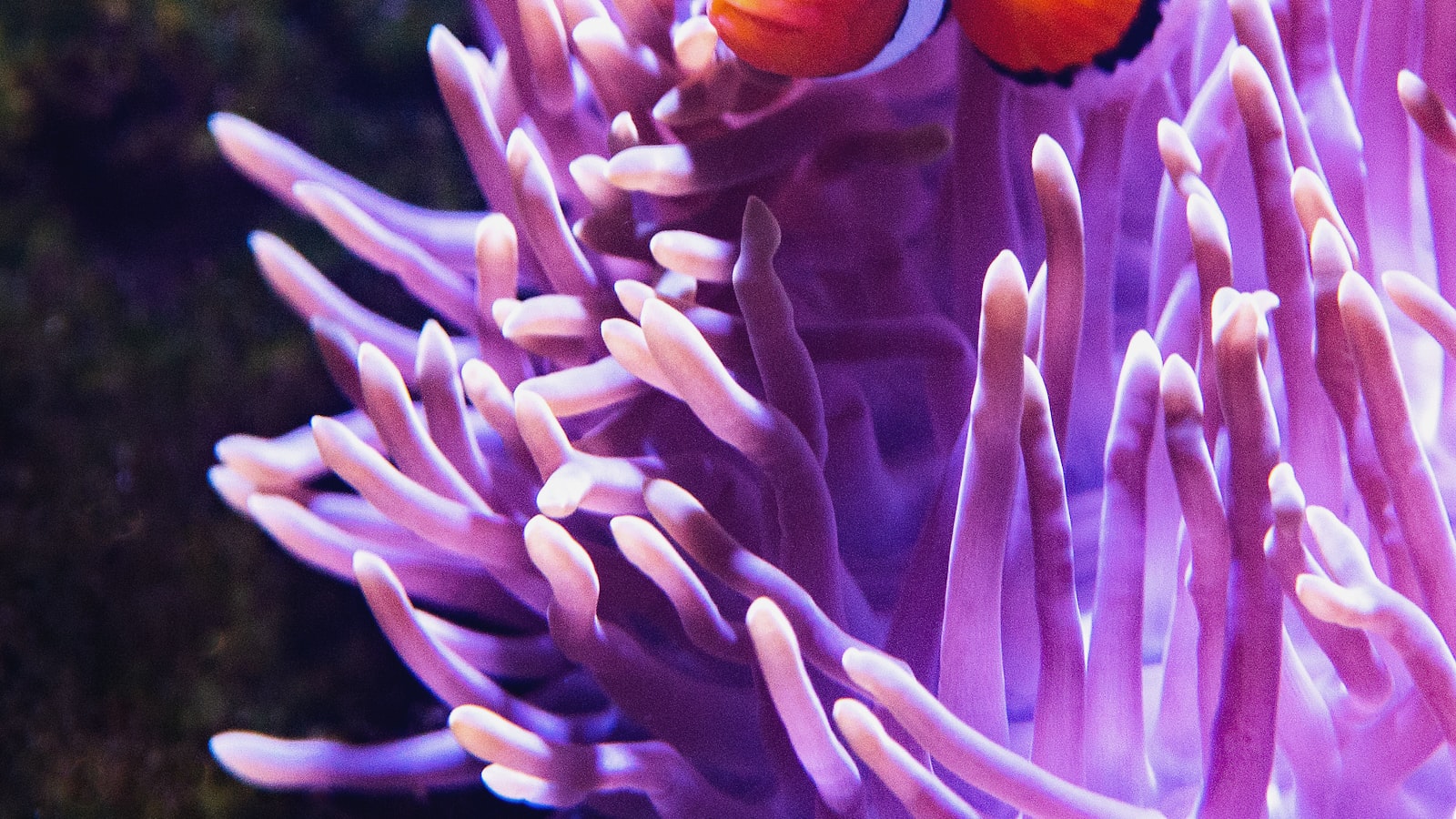When Day Turns to Night: The Animal Kingdom's Eclipsed Behavior
Imagine a scenario: birds that usually sing at the break of dawn are chirping in the middle of the day, while nocturnal creatures stir when they're supposed to be resting. You're not inside a peculiar dream—this is a snapshot of what can happen in the natural world during a solar eclipse. These celestial events not only captivate us humans but also have a profound effect on animal behavior. But why? And what exactly happens? Let's explore the fascinating responses of wildlife when the moon photobombs our sunny sky.
Unveiling the Mysteries of Solar Eclipses
Before diving into the animal kingdom, it's essential to understand the phenomenon that triggers their unusual behavior. A solar eclipse occurs when the moon passes between the Earth and the sun, casting a shadow on Earth and, for a brief period, turning day into twilight. To be prepared for the next awe-inspiring eclipse and understand its timing to the second, look no further than eclipse-timer.com. This tool is your personal cosmic scheduler, ensuring you never miss out on the magic and are well informed about the upcoming solar eclipses in your area, down to the precise time and date.

The Daytime Confusion: Diurnal Animals and Eclipses
Diurnal animals, those active during the day, experience solar eclipses as an abrupt plunge into an untimely nightfall. As a result, they often exhibit behaviors typically reserved for dusk.
Birds and the Eclipsing Sky
When darkness descends during an eclipse, many birds cease their daytime activities. Songbirds may end their tunes, waterfowl can be seen heading back to roost, and diurnal birds of prey might stop hunting altogether. But the real question is, do they understand what's happening? Or do they simply react to the cues that typically signal the end of their day?

The Stirring of the Night: Nocturnal Creatures and Interactions with Eclipses
Nocturnal animals, such as bats and owls, might take a solar eclipse as their cue to begin nightly escapades. Observations have shown these creatures can become active, possibly confused by the darkened sky that suggests their day is beginning.
Insects and the Eclipse Effect
Insects are no exception to eclipse-induced behavior changes. From bees returning to hives to fireflies lighting up, these tiny creatures respond markedly to the environmental cues an eclipse provides, demonstrating the significant role sunlight plays in their daily routines.

Undersea Reactions: How Do Aquatic Animals Respond?
The underwater world is not immune to the effects of a solar eclipse. Changes in light levels can instigate behavioral adjustments in marine life. Fish may seek deeper waters, coral may react as if night is falling, and some species of zooplankton have been observed to migrate vertically, following their instincts triggered by the sudden shifts in light.

The Domestic Domain: Pets and Eclipses
Even our house pets may have reactions to solar eclipses, though these can vary widely depending on the individual animal. Dogs may show signs of anxiety or confusion, while cats, well-known for their inscrutable nature, might not outwardly respond at all. Have a fun story about your pet during an eclipse? Share your experiences in the comments below!
Scientists at Work: Studying Eclipses to Understand Animal Behavior
Researchers eagerly anticipate eclipses not just for their rarity and beauty, but for the opportunity to study animal behavior in a unique environmental phenomenon. By observing how animals react, scientists can learn about their senses, internal clocks, and how they interpret cues from the natural world.
Practical Tips for Observing Animal Behavior During an Eclipse
Are you keen to witness these intriguing animal reactions firsthand? Here's what you can do:
- Get Informed About Timing: Use eclipse-timer.com to know precisely when the eclipse will happen in your area.
- Pick a Good Spot: Find a place where you can observe both the eclipse and wildlife safely.
- Be Quiet and Unobtrusive: Minimize your impact on the environment to get a genuine sense of animal behavior.
- Document Your Observations: Write notes or record videos to capture your findings, and perhaps contribute to citizen science projects.
Human Influences and the Need for Caution
As we, eager observers, immerse ourselves in the experience, it's crucial to not disturb the natural habitats. The use of artificial lighting or creating noise can interfere with the behaviors we're aiming to observe.
When the Sun Returns: Post-Eclipse Animal Activities
After a solar eclipse, life quickly returns to normal for our animal friends. Diurnal creatures resume their daytime duties and nocturnal critters slip back to their restful states, awaiting the true night. Try to take a moment to appreciate the resilience and adaptability of nature.
The Takeaway: Nature's Wondrous Symphony
A solar eclipse serves as a reminder of our world's intrinsic connection with the cosmos. As we marvel at the impacts on wildlife, we're afforded a glimpse into the complex symphony of life that plays out each day and night—oblivious to human schedules but deeply attuned to the grand rhythms of the universe.
🌍 Interesting Fact: Did you know that during the 1999 total solar eclipse in Europe, orb-weaving spiders were observed dismantling their webs during the darkness and then rebuilding them once the light returned? Spiders following an eclipse schedule — nature certainly keeps us on our toes!
As the light of our shared sun continues to support life and dictate behaviors across Earth, it's up to us to be curious yet respectful spectators. And who knows, the next solar eclipse may reveal even more secrets of the animal world.
Ready to plan your next eclipse viewing? Don’t forget to bookmark eclipse-timer.com for your personal guide to celestial events. For now, reflect on the wonder of solar eclipses and the incredible world of animal behaviors they reveal. Until the moon crosses our path again, keep your eyes and mind open to the wonders of our natural world.




















